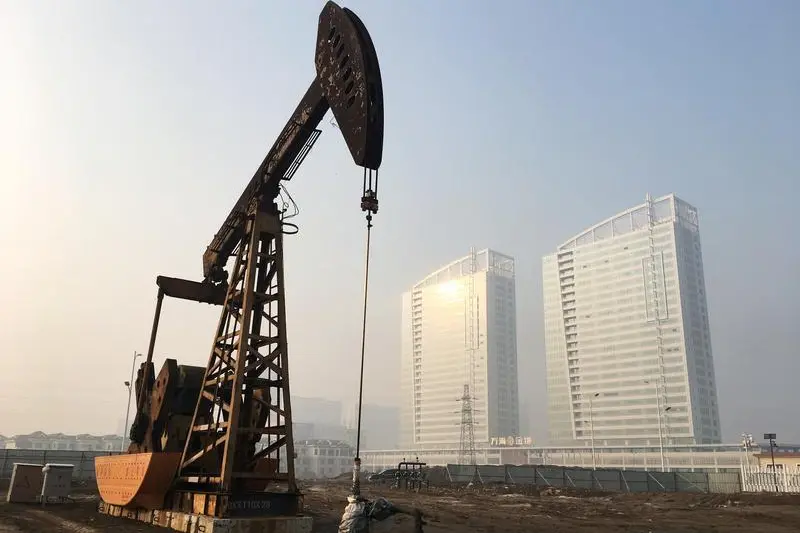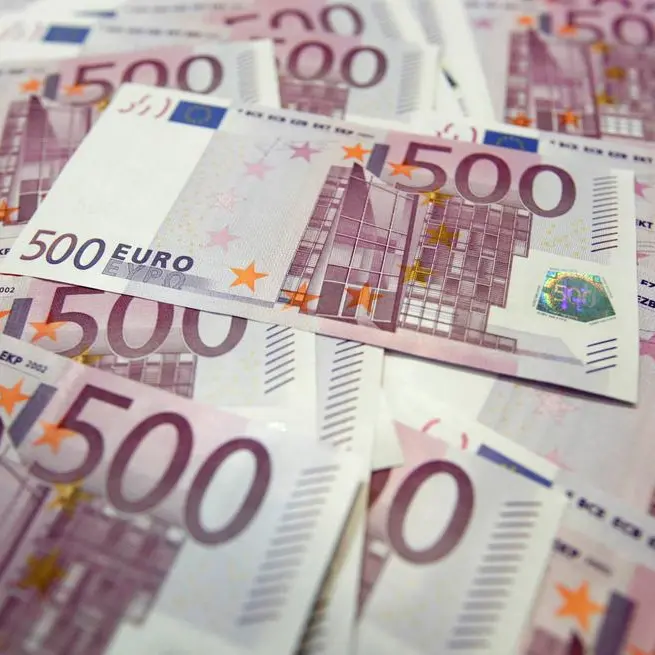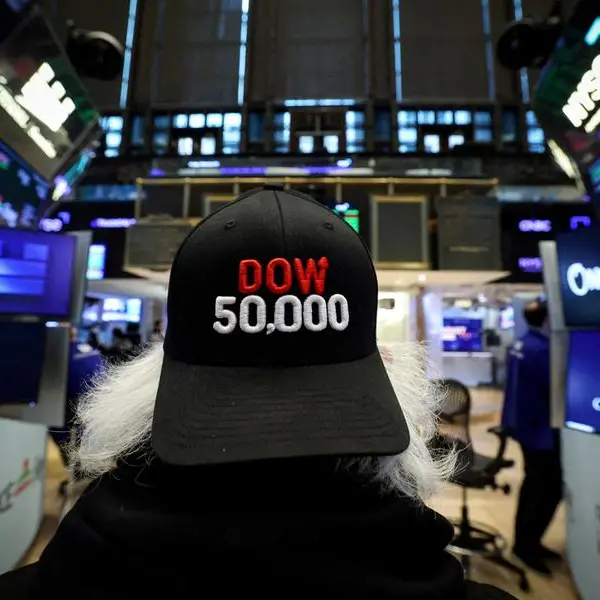PHOTO
(The opinions expressed here are those of the author, a columnist for Reuters.)
SYDNEY - China's crude oil imports staged a rebound in August, rising to the highest in a year, but the increase is largely due to earlier lower prices rather than any recovery in consumption.
The world's biggest crude importer saw arrivals of 49.1 million metric tons in August, equivalent to 11.56 million barrels per day (bpd), according to customs data released on Sept. 10.
This was the highest monthly total since August last year, and also a strong gain on the 9.97 million bpd seen in July, which was the weakest monthly total for almost two years.
While the August imports look strong, it's worth noting that they are still down 7% from the same month in 2023, and imports for the first eight months of this year are 3.1% below those for the same period last year.
The question for the market is whether August's rebound in imports is the start of a recovery in China's crude demand, or is it more likely a reflection of the lower oil prices that prevailed when August-arriving cargoes would have been arranged.
The buying pattern of China's refiners is that they tend to increase imports when they deem prices to be at a competitive level, and conversely they pull back when they believe prices have risen too high, or too quickly.
Cargoes that arrived in August were most likely arranged in May and June, a time when global crude prices were trending lower.
Global benchmark Brent futures reached their highest level so far this year of $92.18 a barrel on April 12, before starting a downtrend to a low of $75.05 on Aug. 5.
This means that China's refiners would likely have been encouraged to buy more crude during this window, meaning August and September imports may be fairly strong relatively to the earlier months this year.
However, Brent crude staged a small rally after the Aug. 5 low, reaching a high of $82.40 a barrel on Aug. 12, and then staying in a fairly narrow range either side of $80 until the end of the month.
Since then, global demand concerns, especially in China, have seen Brent fall sharply to $68.68 a barrel during trade on Sept. 10, the lowest level since Dec. 21.
IMPORT BOOST COMING?
The current weakness in global crude prices suggest that China's refiners may boost imports, and if they are buying cargoes now, this increase will show up in arrivals in November, December and even into January.
It's also the case that China's refiners are happy to build inventories when prices are low, and even dip into these stockpiles when prices rise.
China doesn't disclose the volumes of crude flowing into or out of strategic and commercial stockpiles, but an estimate can be made by deducting the amount of crude processed from the total of crude available from imports and domestic output.
Using this methodology, China added about 800,000 bpd to inventories in the first seven months of the year, and it won't be a surprise if this pace accelerated in August, given the strong imports and the likely ongoing softness in refinery processing rates.
There is perhaps a slight irony in the possibility that China buys more oil because the price has dropped, just as the Organization of the Petroleum Exporting Countries (OPEC) trims its demand forecast for the world's second-biggest economy.
OPEC's latest report, released on Sept. 10, cut its forecast for China's demand growth for a second straight month, to 650,000 bpd for 2024 from 700,000 bpd the previous month, and 760,000 bpd the month before that.
Even the revised forecast is likely still too optimistic, given China's crude oil imports for the first eight months of 2024 are 10.98 million bpd, some 390,000 bpd below the 11.37 million bpd from the same period in 2023.
For OPEC's forecast to be realised China's crude imports would have to surge in the fourth quarter, and while the current weak prices may well see them increase, it would be a major surprise if they surged by the volumes needed to meet the OPEC estimate.
The opinions expressed here are those of the author, a columnist for Reuters.
(Editing by Stephen Coates)





















